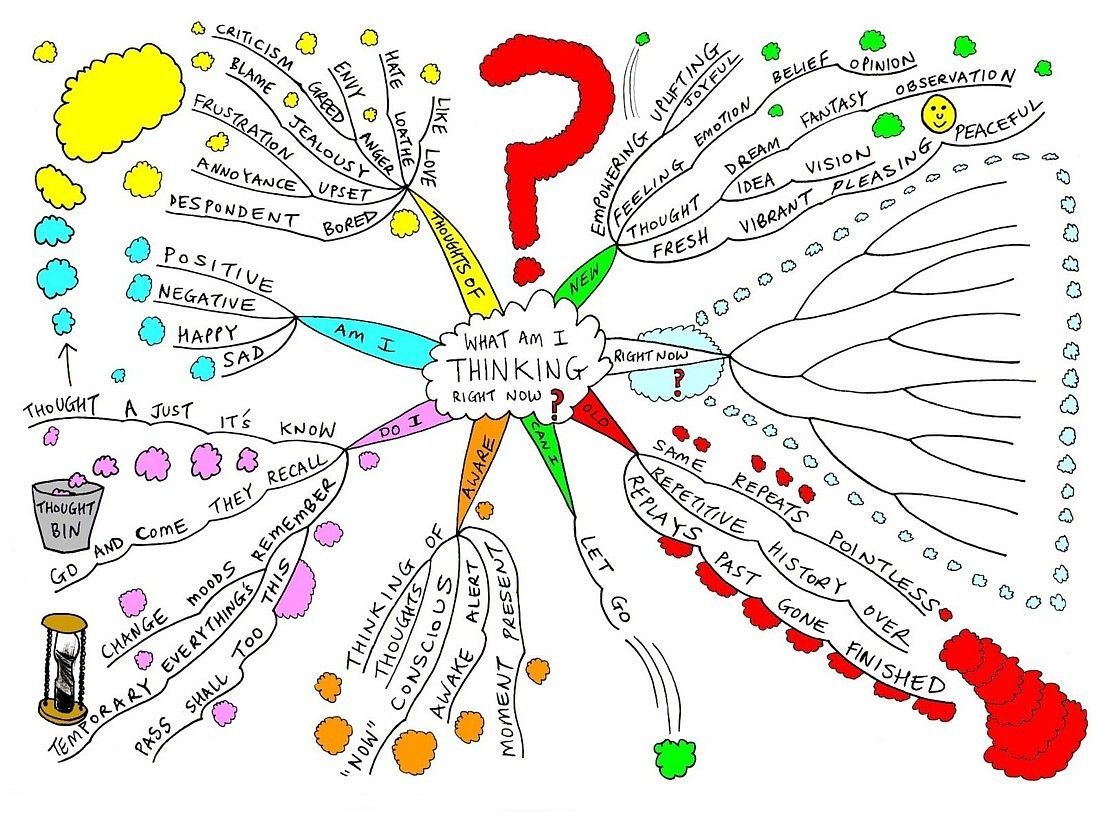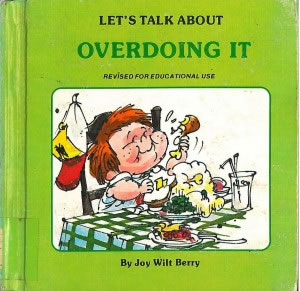 I have come to realize that there are lots of people who really like over-caring for their horses. And, mostly, I don’t see anything wrong with that. I mean, what’s the harm from spending extra time brushing, scratching, walking, etc? It’s good for the horse – it’s good for the person. But it can certainly go further than that – for some people, mixing special grains and supplements, and scheduling appointments for this, that, or the other thing actually provides a sense of joy (even if it doesn’t do anything for the horse).
I have come to realize that there are lots of people who really like over-caring for their horses. And, mostly, I don’t see anything wrong with that. I mean, what’s the harm from spending extra time brushing, scratching, walking, etc? It’s good for the horse – it’s good for the person. But it can certainly go further than that – for some people, mixing special grains and supplements, and scheduling appointments for this, that, or the other thing actually provides a sense of joy (even if it doesn’t do anything for the horse).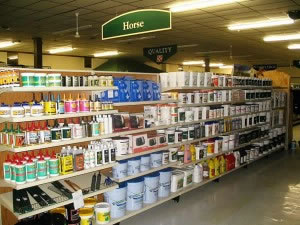 These well-meaning, and entirely laudable desires to provide lots of care, also create a demand. Demand, in turn, can create supply. So, for example, if somebody doesn’t like something about his or her horse horse (hoof, hair, behavior, etc.), you can be pretty sure that there is going to be some company somewhere that is going to come up with a product to satisfy that demand, (or, as noted in my last post, some individual who is “certified” to address that worry). It’s not just a matter of evil people and greedy companies trying to dupe consumers (although I do think that there’s some of that, too). A good bit of all of the product-based nonsense that’s out there comes straight from horse owners. Marketing experts can smell consumers looking for products, and they jump to put something on the shelves.
These well-meaning, and entirely laudable desires to provide lots of care, also create a demand. Demand, in turn, can create supply. So, for example, if somebody doesn’t like something about his or her horse horse (hoof, hair, behavior, etc.), you can be pretty sure that there is going to be some company somewhere that is going to come up with a product to satisfy that demand, (or, as noted in my last post, some individual who is “certified” to address that worry). It’s not just a matter of evil people and greedy companies trying to dupe consumers (although I do think that there’s some of that, too). A good bit of all of the product-based nonsense that’s out there comes straight from horse owners. Marketing experts can smell consumers looking for products, and they jump to put something on the shelves.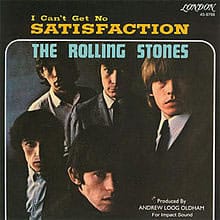 In 2012, in the prestigious human journal, “Archives of Internal Medicine,” some investigators looked at what it cost people who were the most satisfied with their own health care. I found the results of the study to be incredibly interesting, and, in some cases, quite surprising. The study has some big implications for horse owners, too.
In 2012, in the prestigious human journal, “Archives of Internal Medicine,” some investigators looked at what it cost people who were the most satisfied with their own health care. I found the results of the study to be incredibly interesting, and, in some cases, quite surprising. The study has some big implications for horse owners, too. NOTE: “Happy” doesn’t necessarily mean, “better health.” In satisfaction surveys, hospitals and doctors are not trying to find out if the problem was cured, or how healthy people are. Rather, they’re trying to find out if the people involved were pleased with how they were treated, or with what was done for them.
NOTE: “Happy” doesn’t necessarily mean, “better health.” In satisfaction surveys, hospitals and doctors are not trying to find out if the problem was cured, or how healthy people are. Rather, they’re trying to find out if the people involved were pleased with how they were treated, or with what was done for them.- are more likely to be hospitalized
- accumulate more health-care and drug expenditures
- AND, they also have higher death rates
Now, as I said, nobody has really done this sort of a survey when it comes to horse care. Frankly, I think, at least in part, that’s because of the second item, above. That is, if happier clients spend more money, that money is going directly to someone, and that someone has a business to run. In business, the bottom line is usually the bottom line. If one person is making money, and the other person is made happy by spending it, both sides are likely to be happy, at least on some sort of a superficial level. But I think that all of this happy thinking ignores what’s really supposed to be important, that is, the health of the horse.
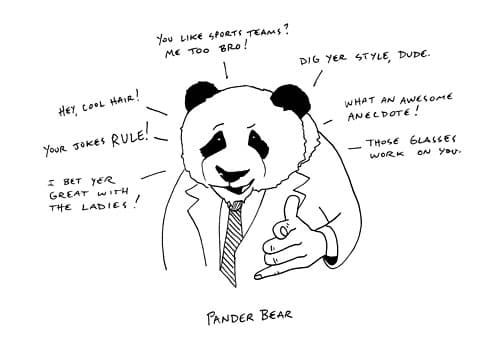 In human medicine (again), studies have also shown that the extent to which someone is happy with his or her health care correlates directly with the extent to which doctors fulfill a clients’ expectations. But think about it; is that what you really want? I mean, when it comes to your horse, do you really want the focus to be on making you happy? Do you really want your veterinarian to follow the path of least resistance and succumb to demands created by the popular press, or do you want him or her to do what’s best for your horse? Even if they make a horse owner happy and satisfied, needless tests, treatments, and products can expose the horse to risks without benefits, but at a certain cost to you.
In human medicine (again), studies have also shown that the extent to which someone is happy with his or her health care correlates directly with the extent to which doctors fulfill a clients’ expectations. But think about it; is that what you really want? I mean, when it comes to your horse, do you really want the focus to be on making you happy? Do you really want your veterinarian to follow the path of least resistance and succumb to demands created by the popular press, or do you want him or her to do what’s best for your horse? Even if they make a horse owner happy and satisfied, needless tests, treatments, and products can expose the horse to risks without benefits, but at a certain cost to you.
If happiness and satisfaction is the goal of treating your horse, there can be an additional cost: to the horse. If one person worries too much about telling another person something that he or she doesn’t want to hear because of concerns that the other person won’t be happy or satisfied, issues such as obesity, overwork, or even abuse may go unaddressed. When I tell someone that their horse is overweight, it doesn’t make that person happy, but if I don’t, it has the potential to be very bad for the horse.
NOTE: In my experience, if I tell someone that their horse is overweight, that person often reacts as if I saying that he or she is overweight. Seriously – it can be very awkward. CLICK HERE if you want to read about fat horses.
 While some people may be very happy to provide their horse with each and every possible treatment and supplement for a particular condition – and others may be very happy to accept payment for it – I really don’t think that’s the proper approach. I’d prefer to listen to your concerns, review your options in an evenhanded, non-judgmental way, and talk about the risks and costs of various interventions, including those that have not been shown to be of benefit. In that way, I think that people can be well-satisfied with the care that their horse has been provided, and also be satisfied that the care was necessary and beneficial.
While some people may be very happy to provide their horse with each and every possible treatment and supplement for a particular condition – and others may be very happy to accept payment for it – I really don’t think that’s the proper approach. I’d prefer to listen to your concerns, review your options in an evenhanded, non-judgmental way, and talk about the risks and costs of various interventions, including those that have not been shown to be of benefit. In that way, I think that people can be well-satisfied with the care that their horse has been provided, and also be satisfied that the care was necessary and beneficial.
If the goal of horse care is to simply make someone happy, I think it cheapens and threatens the whole concept of effective horse care. From a professional point-of-view, if client satisfaction is the main goal, health care professionals end up being service providers, as well as salesmen. Horse care should be more than just an exercise in effective retailing.
While sometimes satisfying, providing unnecessary treatments and services certainly costs money, and it may occasionally even do more harm than good.* I really do think that it really behooves you (by the way, I love using the word, behoove, when I’m talking about horses) to try to distinguish between what your horse needs and what is making you happy, if for no other reason because it will make taking care of your horse a bit less expensive. The bottom line is that more is not necessarily better, and, if you want more, you will certainly have to pay for it.
Now get out there and give your buddy a good scratch. You’ll both be satisfied.
*************************************************************************************************************************************
* Pretty much everything has at least the potential for harm. But if there’s no demonstrable benefit, and only risk, no matter how small the risk, it’s really not worth it.






